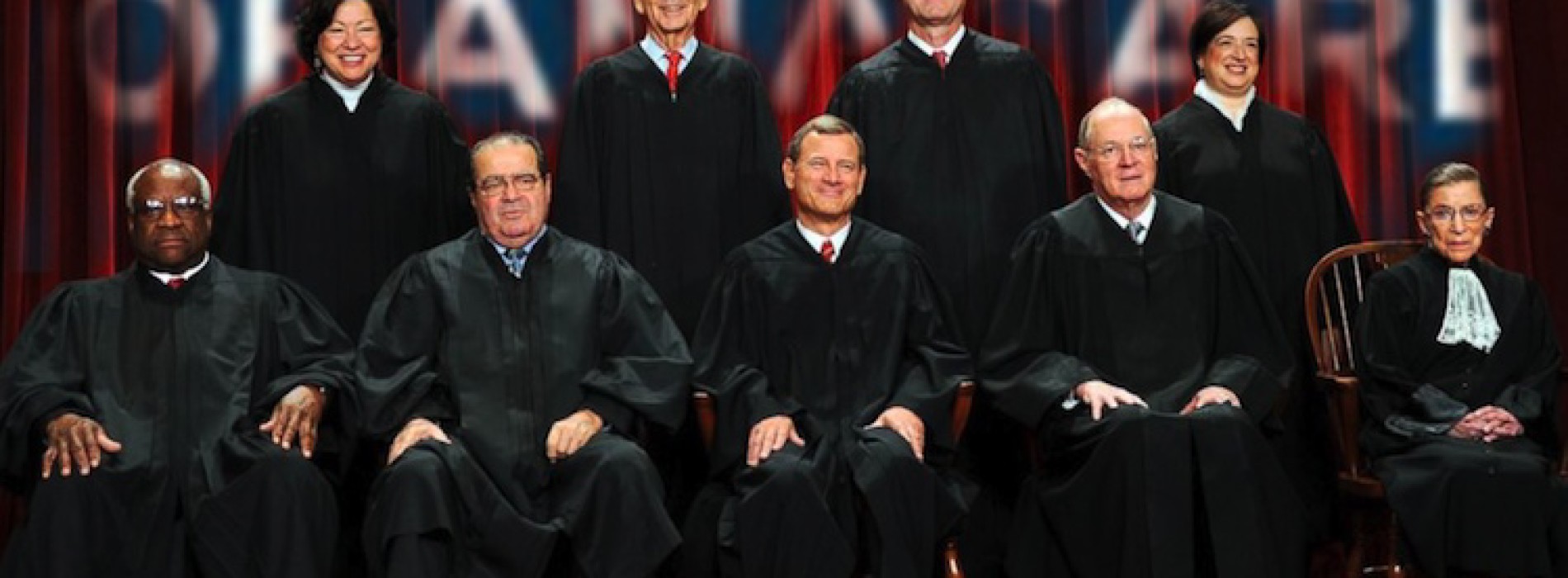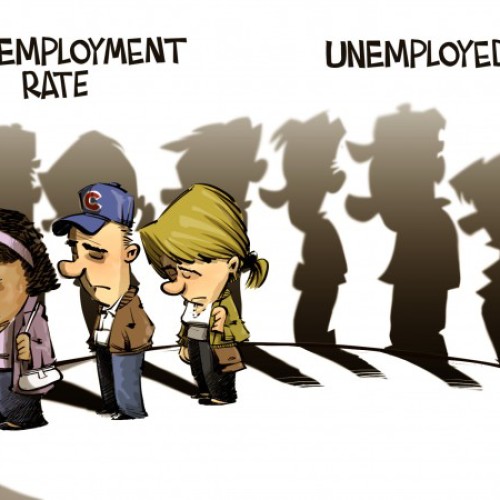Understanding the SCOTUScare ruling (WARNING: it will probably make you insanely angry)
What the heck did SCOTUS do today?
The thing I love best about social media channels like Twitter is that I can get better insight and commentary from the non-media elite crowd than I’d ever get from the mainstream media. Such was the case today in the wake of the SCOTUS ruling in favor of Obamacare exchanges.
While the MSM did a victory lap, and my conservative friends very justifiably voiced their anger at Chief Justice John Roberts, I wanted to get a conservative, legal, yet somewhat dispassionate analysis of the decision.
I found it, as I knew I would, on the Twitter timeline of Dan McLaughlin, who is, among other things, a lawyer and a contributor at RedState. His analysis of the King v. Burwell decision, brought to you in a series of tweets:
1) I didn’t much care about the King/Halbig cases until I looked into the legal arguments.
— Dan McLaughlin (@baseballcrank) June 25, 2020
2) It was obvious the King arguments were legally strong if the case had been less politically controversial.
— Dan McLaughlin (@baseballcrank) June 25, 2020
3) This was based on lots & lots & lots of extremely well-settled rules about how lawyers & courts ordinarily read statutes.
— Dan McLaughlin (@baseballcrank) June 25, 2020
4) I never discounted a political result, but I guess as a lawyer I had some lingering idealism that courts would do law in a case like this
— Dan McLaughlin (@baseballcrank) June 25, 2020
5) What is so depressing is seeing such clear evidence that the things we lawyers do every day go out the window due to politics.
— Dan McLaughlin (@baseballcrank) June 25, 2020
6) Most likely, the old statutory construction rules will still apply in any normal case. Courts will strain to distinguish King.
— Dan McLaughlin (@baseballcrank) June 25, 2020
7) We’ve seen this with abortion-related cases - Court applies different sets of rules, nobody treats those as precedent outside abortion.
— Dan McLaughlin (@baseballcrank) June 25, 2020
8) I know non-lawyers will never believe me, but: this is not what courts do. This is not normal.
— Dan McLaughlin (@baseballcrank) June 25, 2020
9) And yes, that makes me sad for my profession. It’s a reminder that power trumps law, that our profession doesn’t believe its own ideals.
— Dan McLaughlin (@baseballcrank) June 25, 2020
10) Nobody cheering today’s decision respects the things CJ Roberts wants the Court to stand for. This sort of thing just drains credibility
— Dan McLaughlin (@baseballcrank) June 25, 2020
11) I’d like to believe that knowing the law is an advantage on knowing nothing about law, but days like today make you doubt that.
— Dan McLaughlin (@baseballcrank) June 25, 2020
There you have it:
This is not what courts do.
Yet the Supreme Court did it, and it’s all down to politics and power. Thank you to Justices Scalia, Thomas and Alito for their dissenting opinions.
Justice Scalia’s dissent is a great read. He ends it on the exactly right note:
Perhaps the Patient Protection and Affordable Care Act will attain the enduring status of the Social Security Act or the Taft-Hartley Act; perhaps not. But this Court’s two decisions on the Act will surely be remembered through the years. The somersaults of statutory interpretation they have performed (“penalty” means tax, “further [Medicaid] payments to the State” means only incremental Medicaid payments to the State, “established by the State” means not established by the State) will be cited by litigants endlessly, to the confusion of honest jurisprudence. And the cases will publish forever the discouraging truth that the Supreme Court of the United States favors some laws over others, and is prepared to do whatever it takes to uphold and assist its favorites.
I dissent.
Image via Wiki Commons



![Mom surprises son with sweetest graduation gift ever [WATCH]](../wp-content/uploads/2015/05/high-school-graduation-ceremony-500x500_c.jpg)




